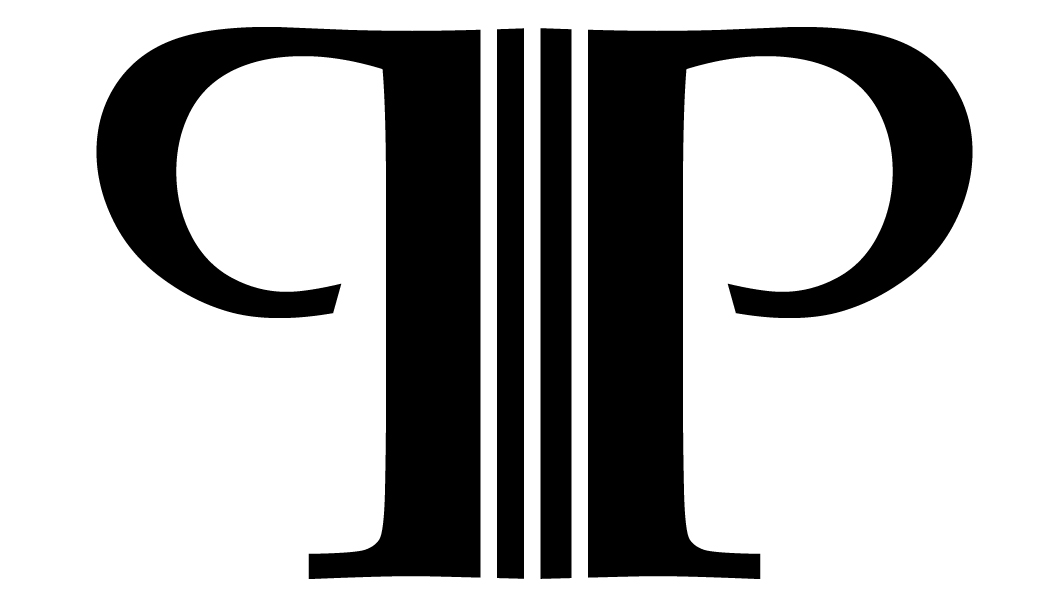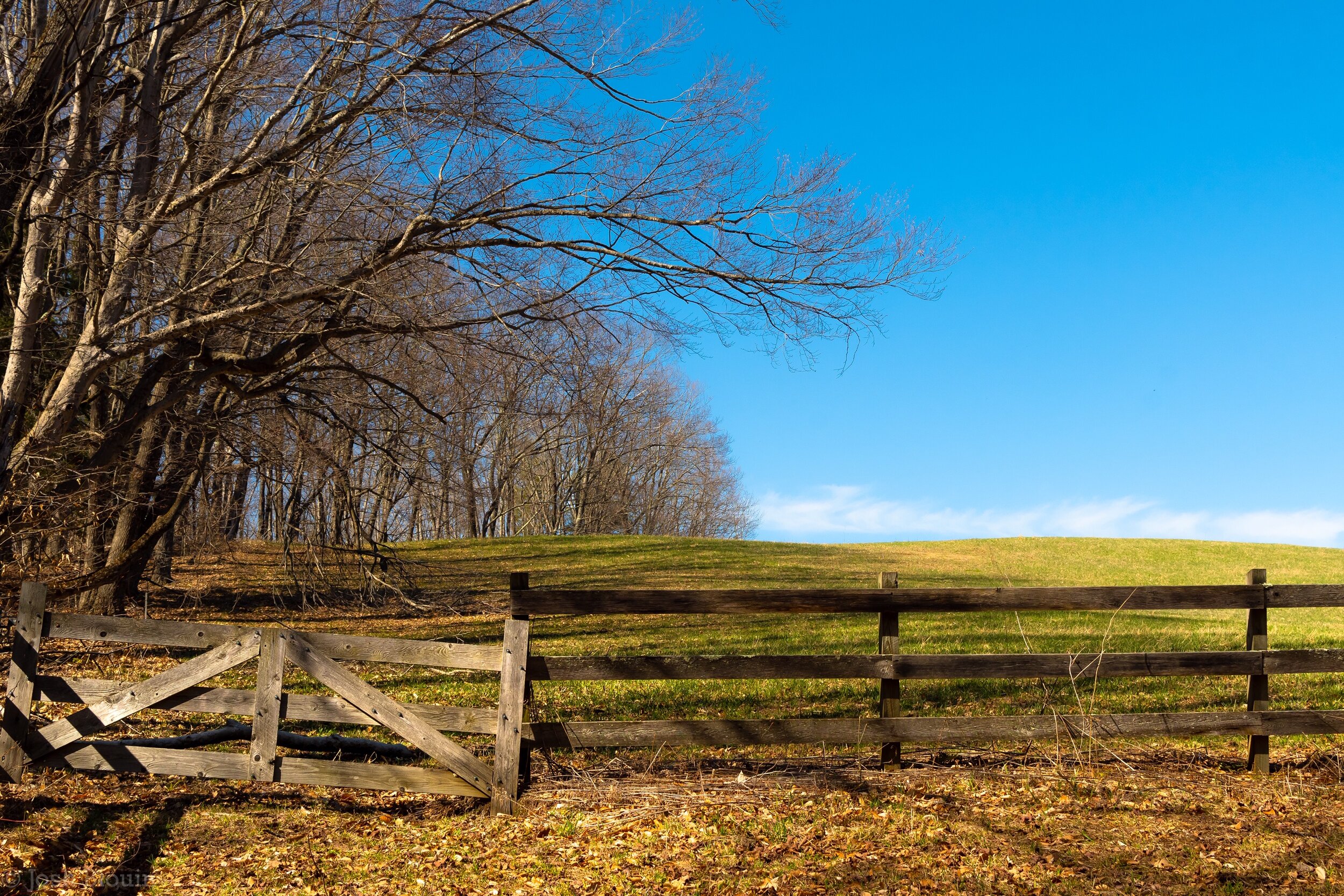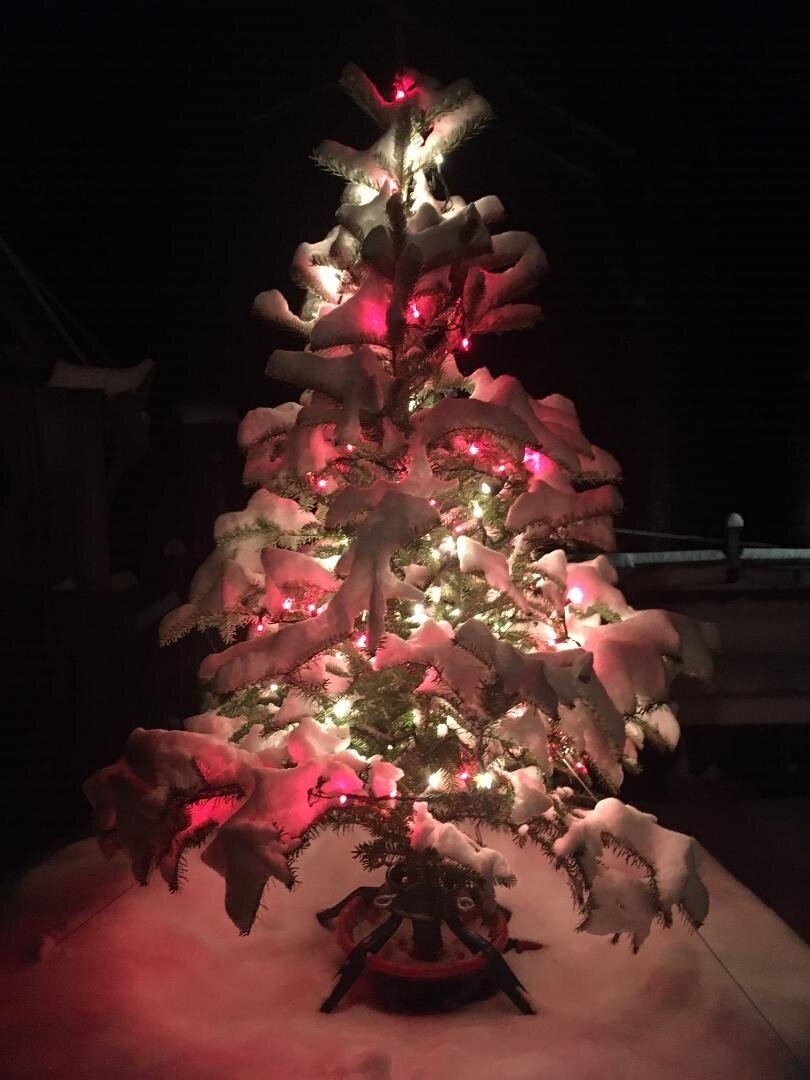The studio was knee deep in recital prep when I moved lessons to Skype due to the Corona Virus. Everyone had their pieces set and were in process of shining them up for our annual event.
The spring recital is not only the culmination of half of their year of work (the first half year works toward the winter recital), but also traditionally marks the end of the calendar year for scheduled study before we move into our summer sign-up. So there is a little bit of looking forward to recital - because when it is over they can breathe - and a little bit of dreading recital because...it is recital.
I spent a lot of time thinking about how to handle having a recital without a venue, a piano and physical proximity. Those are big hurdles. I had a graduating senior, Audrey, who has studied with me since she picked up the cello at age seven: it was important to both of us that we celebrated her journey with a senior recital. Early in the process of picking her music for this, she had decided that she wanted to play a Bach fugue duet with me. She felt it was fitting to go out the way she came in, with me at her side. We found the music and began working it up together...and then not together.
So, I sat, deep in thought as the ground began to thaw and we became deep in mud. I decided that I would go ahead with a recital in the same way that I had decided to go ahead with all lessons- via Skype. Paul and I would take two full weeks and each of us sit for the other’s student performances, which would take place during a regular lesson. What we were talking about was, virtually, 2-3 recitals per day.
In spite of the virus situation, the world went on spinning as it always does, reminding us of our smallness. I was startled to see daffodils come up from the soil, as they always have. I began planning a garden which meant online ordering of plants and seeds and curbside pick up at the local nursery. Hope was, indeed, springing eternal.
The week recitals began, I came home to find a beautiful, enormous bouquet of flowers in my kitchen. Beside them was a platter of dinner plate size chocolate chip cookies from a neighboring bakery. One of my students, Suzette, had wanted to “normalize” recital week for me and turned the tables by giving me the flowers and cookies. It touched me deeply and helped me to realize how important this process really is to all of us. So the bouquet sat beside me each and every time I would listen to an individual. The cookies did not. Because they are cookies, and I have a son.
For the first recital I began by using our finely honed communication system from the house to the cello shop; the way it works is that I walk into the bedroom, lift the window and bellow. Paul heard me, as did my sheep who began returning the bellowing. He came in and took his place in the “hot seat” as I put it. We had two stools and whomever was the “invited” adjudicator sat in front of the screen. This gave the student a sense of playing for an audience that wasn't completely familiar. Each person also was able to have any family/friends who could be in their home safely and with adequate distancing. We often had grandparents from other states patched in on the call as well. The fact that I was able to pull this off might lead you to believe that I have some technical savvy. Actually I have none. If there was a t-shirt with Luddite on it- I'd be wearing it. Luck, and our computer-wizard son, Ethan (aka our IT guy) were behind it all.
I would introduce the cellist to their audience and say a bit about what they were playing, etc. and then the students would play their piece. Once finished, Paul would then make comment about their progress, as he heard it, since the last recital, and talk a little about what he felt they did especially well. Once he was done he would hop from the stool and head back out to the shop to continue working. I would then applaud loudly and chat with the group on hand.
Audrey played her part of the Fugue for her senior recital. Her mom,dad and grandmother sat in the audience as they have for so many years. I watched this lovely young woman, whom I have known since she was a young child, play part of a piece that we were supposed to play as a duet. There was sadness about what was missing but true joy in what remained.
Paul and I worked this way for almost 23 students. Our ability to work together, and the fact that Paul is amazingly flexible and kind, stood us in good stead.
The smile on everyone's face made it all worth it. There is something very important about closing a circle.
If I'm in a state of mind where I am able to see the good that is coming from this pandemic, and being honest, that is not always the case, I would see that the fact that each student had two teachers’ undivided attention was unique and priceless. Changing the status quo was good for us all. I am better for being flexible and a better instructor for knowing how to bend and still be able to instruct.
Meg had never felt comfortable enough to be part of a recital. She decided to give it a try this time and offered up a suggestion for something different; she arranged “When I'm Sixty Four” and would have her wife sing it while she played. This met my criteria because, a. it was music, b. she had to arrange it and write it out.: bonus - like hidden broccoli on pizza, c. she would face her fears about performing. For months she and I worked out the kinks of the arrangement, etc. When we found out we were unable to go live for recital, she wanted to do it anyway.
We got Skype up and running and saw Meg and Elaine, all dressed up and ready. Meg looked nervous so I telepathically sent some energy and she launched. She played, Elaine smiled and sang beside her. As Elaine sang, she turned her head toward Meg and did a little dance- which I refer to as “the love dance” because it was, clearly, intended to be supportive and to lift her partner. When the clapping died out, Meg had a huge smile of satisfaction on her face, Elaine was aglow with pride as she beamed at Meg. They clasped hands and took a bow.
Many things have been taken away from us in this pandemic- but there are gifts- and this was mine.
Melissa Perley















